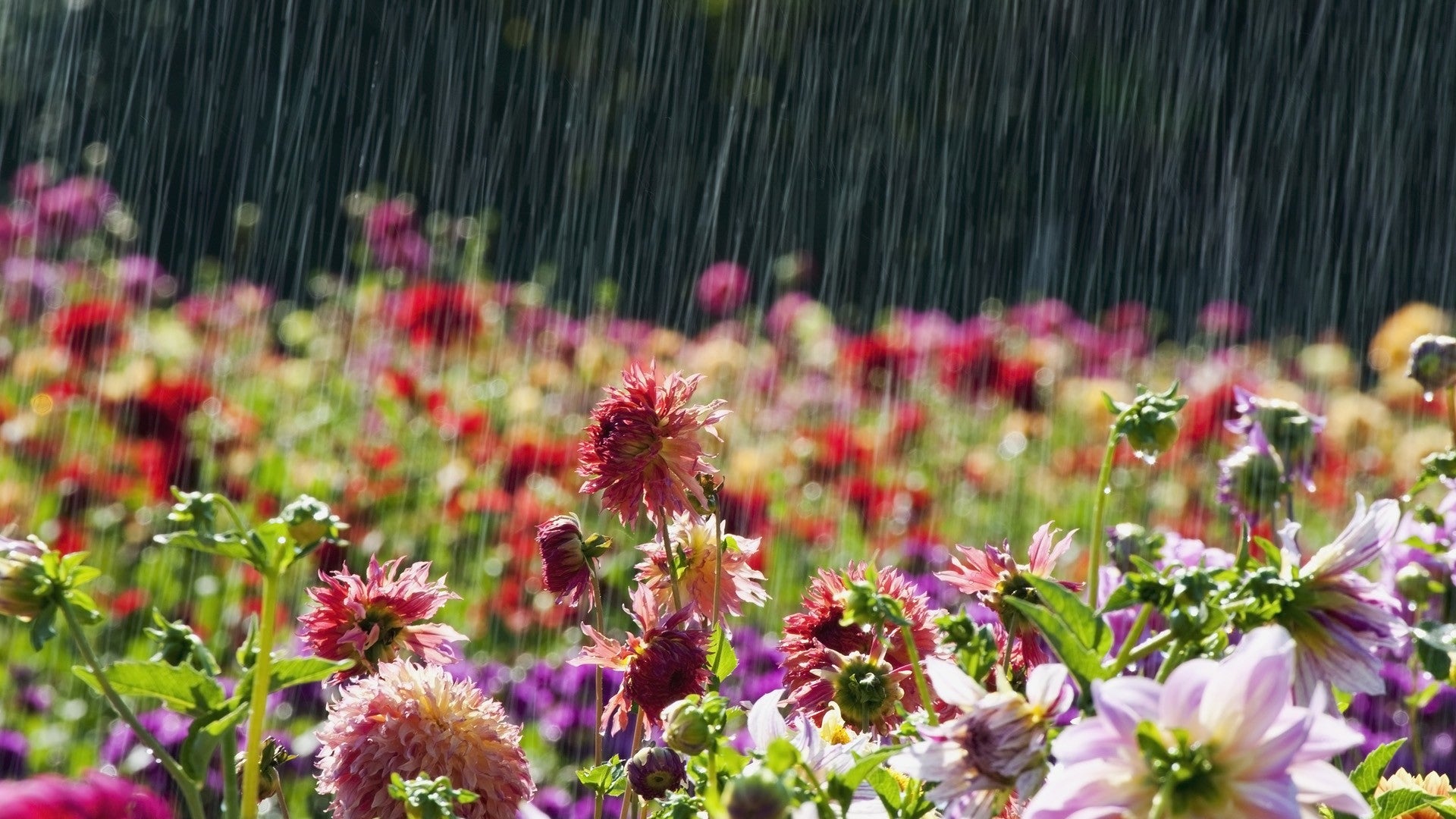N.J. discontinues drought warning for 2 Jersey Shore counties

Public domain image.
The recent copious rainfall will be doing more than just bringing May flowers.
A drought warning issued late last year for 12 New Jersey counties is no longer in effect, state Department of Environmental Protection Commissioner Bob Martin announced today.
“The return of soaking and well-timed precipitation over the winter and early spring has resulted in steady improvements in our drought indicators for most of the state,” Martin said.
At the Jersey Shore, the warning included Monmouth and Ocean counties. Other counties no longer under the warning include Bergen, Essex, Hudson, Mercer, Middlesex, Morris, Passaic, Sussex, Union, and Warren.
The status had allowed the DEP to more closely manage reservoir systems by directing water transfers among systems, controlling releases from reservoirs, and modifying the rate of flow in streams and rivers in order to balance ecological protection and needs of water suppliers.
But officials caution that while reservoirs are nearing full capacity and groundwater levels are trending upward, they’re still closely monitoring the situation.
Martin says the public should always practice water conservation, especially when watering lawns and landscaping. The state offers the following tips:
Do not over-water lawns and landscaping. Two times per week for 30 minutes in the morning or late afternoon during drier periods is typically sufficient.* Use a hose with a hand-nozzle to water flowers and shrubs.
Do not mow your grass too short. Set mowing height to at least three inches. Longer grass blades help retain soil moisture, improve root growth and encourage a healthier lawn.
Avoid watering lawns and plants during the heat of the day, since much of this water will evaporate without helping your lawn.
Reduce the size of your lawn by establishing gardens that use native, drought-tolerant vegetation.
Apply mulch around shrubs and flower beds to reduce evaporation, promote plant growth and reduce weeds.
Use barrels or other containers to capture rainfall for use in watering. Cover the openings with fine screens to prevent mosquitoes from laying eggs in the collected water.
Use a broom to sweep sidewalks and driveways rather than a hose.
To save water in the home:
Fix leaky faucets and pipes.
Turn off the faucet while shaving and brushing teeth.
Install faucet aerators.
Run washing machines and dishwashers when full, or make sure to select the appropriate wash cycle for the load size.
Take shorter showers.
Install a low-flow toilet.
WHYY is your source for fact-based, in-depth journalism and information. As a nonprofit organization, we rely on financial support from readers like you. Please give today.

